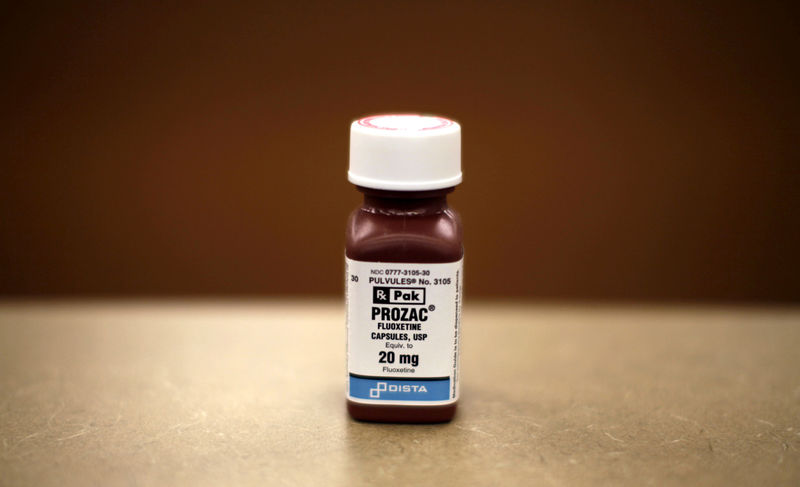Investing.com’s stocks of the week
In a recent breakthrough for Eli Lilly and Company (NYSE:LLY), its new weight loss drug, Zepbound, received approval from the Food and Drug Administration (FDA) on Wednesday. The drug demonstrated significant results in phase 3 trials at various dosages and also showed improvements in cholesterol and blood pressure levels. This has sparked discussions about potential off-label uses for treating these conditions.
Today, analysts predict that Zepbound, alongside Eli Lilly's other drug Mounjaro, could generate over $50 billion in peak annual sales, with projections reaching up to $69 billion according to Evan Seigerman from BMO Capital. This forecast suggests that the two drugs could surpass the sales of heavyweight pharmaceuticals such as Pfizer (NYSE:PFE)'s Comirnaty and AbbVie (NYSE:ABBV)'s Humira.
Eli Lilly's market performance has been notably strong, with stock prices soaring over 60% year-to-date, eclipsing Novo Nordisk (NYSE:NVO)'s impressive 50% growth in shares this year. Novo Nordisk's own diabetes and obesity treatments, Ozempic and Wegovy, now face stiff competition from Eli Lilly's offerings. Moreover, Pfizer is emerging as another competitor with its drug danuglipron, which operates on a similar mechanism as Ozempic and Wegovy. Pfizer anticipates sharing results from its phase 2 studies by the end of the year.
The market dynamics suggest a heated competition in the pharmaceutical industry, especially in the weight loss and diabetes sectors where these companies are vying for dominance. Eli Lilly's recent FDA approval marks a significant milestone that could reshape the future of treatment options for patients and the financial landscapes of the companies involved.
This article was generated with the support of AI and reviewed by an editor. For more information see our T&C.
